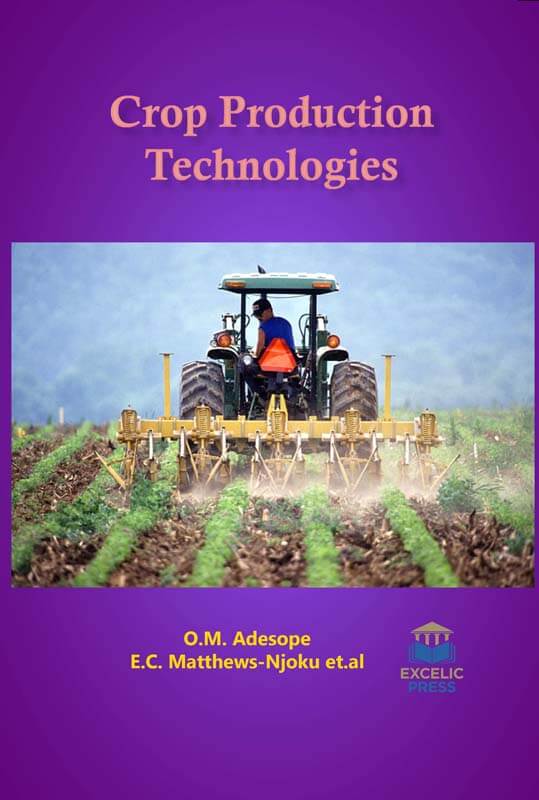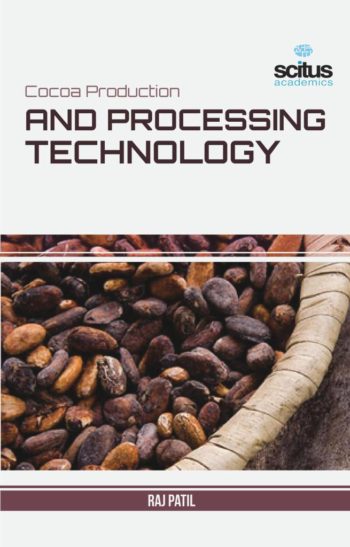Global population increases and climate change pose a challenge to worldwide crop production. There is a need to intensify agricultural production in a sustainable manner and to find solutions to combat abiotic stress, pathogens, and pests. Successful management of crop production systems requires the design of cultural practices that enhance yield by ensuring that growth limiting factors are minimized or eliminated altogether. Together with moisture, light, competition, diseases, and pests, availability and efficient utilization of soil nutrients are one of the major determinants of healthy plant growth and realization of optimum yield returns. Thus, assessment of nutrient availability, uptake, and utilization by plants is critical for the optimization of crop productivity.
This book is intended to provide valuable research information and learning materials for sustained and sequential development of science and technology of crop production. Organic farming is a form of agriculture that excludes the use of synthetic fertilizers, pesticides and plant growth regulators. It promotes ecological resilience, improved biodiversity, healthy management of farms and the surrounding environment, and builds on community knowledge and strength. Hence, organic farming, as highlighted in the book, has been proved to be effective for enhanced adaptive capacity of farmers’ socio-economic factors which necessitates social. The main concern in cultivating crops has always been water availability. To increase food production, water plays a major role after securing a large portion of the land area. Knowledge of the factors influencing crop water use efficiency and hope to increase efficiency has continued to be an objective in many modern studies. This book aims to summarize some of the key factors in the application of the meteorological methods to agronomic problems. The application of the methods to the problems of increasing water-use efficiency and crop production will be emphasized rather than the details of the methods.
Current trends towards precision agriculture with intensive fertilization to achieve optimum nutrition is likely to lead to more complex nutritional disorders that will be more difficult to detect, thus the need for interpretative techniques that provide more comprehensive and precise plant nutritional status with the capacity to identify single and multiple nutrient deficiencies, sufficiency, imbalances, toxicity, and interactions. Additionally, this book aims to highlight the pitfalls associated with relying solely on the concentration of nutrients only when interpreting results of plant responses to nutrient availability. The book also demonstrates that more insight into the mechanisms behind changes in plant nutritional status under changing soil nutrient conditions can be achieved by simultaneous examination of changes and interrelationships between all the three plant nutritional parameters. It is very important to understand the physiological, biochemical, and ecological interventions related to these stresses for better management. A wide range of plant responses to these stresses could be generalized into morphological, physiological, and biochemical responses. Interestingly, this book provides a detailed account of plant responses to heat and drought stresses with a special focus on highlighting the commonalities and differences. Moreover, it especially focuses on how to reap the benefits of next-generation sequencing technologies for crop improvement and molecular breeding to create optimized crops. It lays emphasis also the widespread commercial use of the plant beneficial microorganisms will require a number of issues addressed. Understanding the principals of microbe-microbe and plant-microbe communication provides the potential to generate beneficial microbial communities in agricultural soils. The intended book will be of value to the students, scientists, researchers, and other stakeholders dealing with crop research.














Reviews
There are no reviews yet.